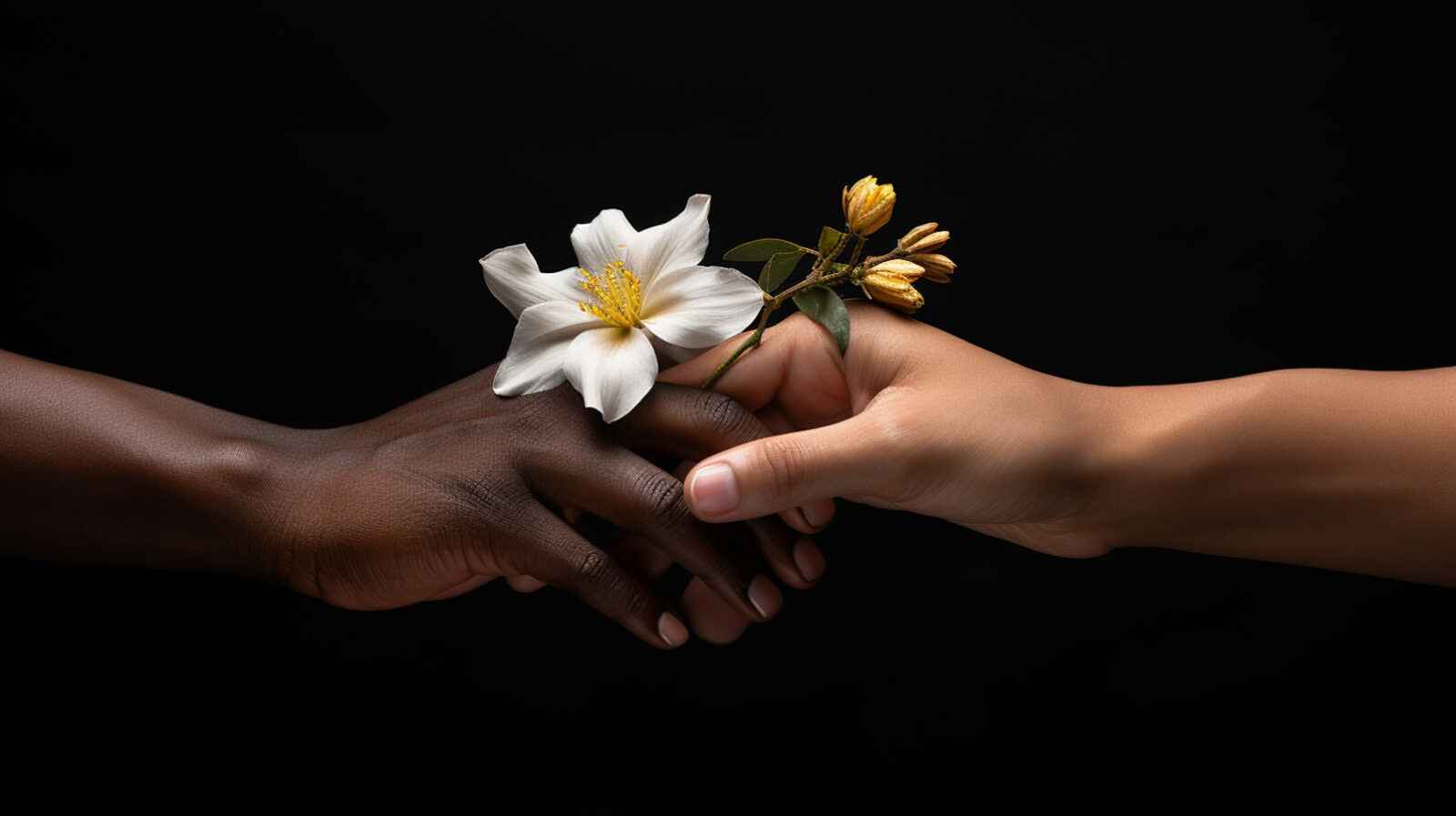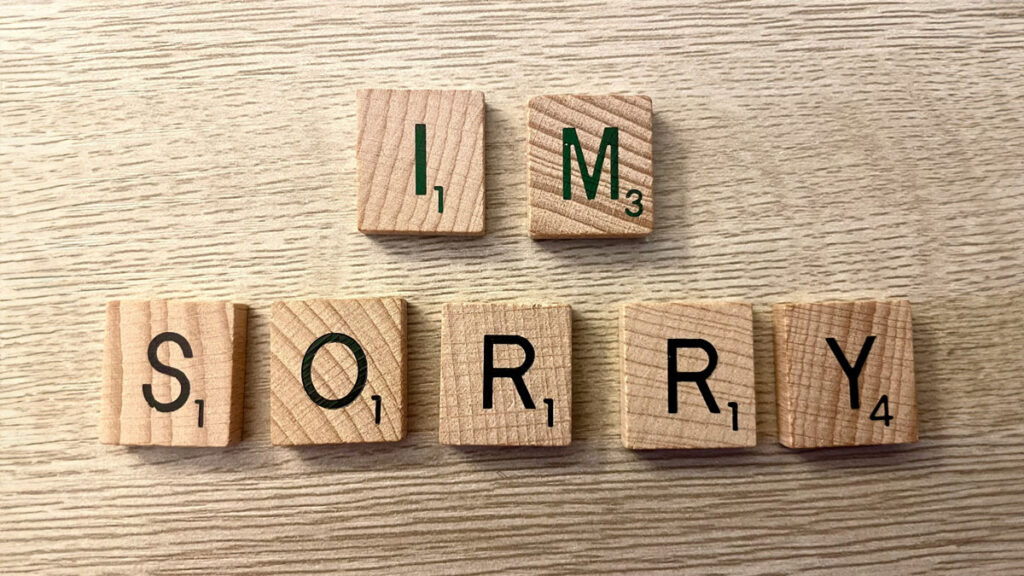This year, Australia will be conducting another referendum. This time over the question of recognition of Indigenous people in the constitution. You’ll find an official response from the Australian Church here.
Given the heated nature of any referendum debate and the fact that this one is focused on race, it is a safe call to say there will be a lot of racism and accusations of racism thrown around. Given all of this, it is a good time to start a conversation about racism. We must acknowledge that the Church is not immune to racism and that, as Christians, we’ve done our fair share and may be still part of perpetuating the problem. Historically, apartheid, slavery and conquest were all justified by theology and legitimised by Christendom. These days, racism has lost its justification and its legitimacy but still lurks, often unidentified in hearts and minds.
As Dr John Skrzypaszek writes in A house on fire: how Adventist faith responds to race and racism, “Racist attitudes are deeply ingrained in the history of the church.
“But every so often different traces of the disease surface unexpectedly in sanctimonious attitudes of rigidity against those who dream progressively, searching for a new and deeper understanding of God’s presence in the changing world.”
He goes on to explain how that plays out.
“It reappears as a reactionary response to any configuration of progressive variations that tend to rattle the denominational status quo of theological and organisational modus operandi. The protective responses materialise in abusive power, formalism and callous indifference to people who think differently.”
Racism is a sin sickness that strikes at the heart of God’s created image in humankind. The danger here is when we oppose faith expressions that are different to ours based on theology, when they are really cultural differences. Now that is not to say that every cultural practice is acceptable. The New Testament teaches us that. But we often condemn before understanding, or being discerning about what is going on.
Racism in the church is insidious. It hides in plain sight, often silent and hard to identify by a dominant race but stands out like a thorn to those who are on the receiving end actually experiencing it. In one hand we hold the call to love all people, while at the same time succumbing to racism, often subconsciously or justified with excuses—dressed-up to look like anything other than the racism it is.
They deserve what they get, they are different, they are unrighteous.
Even when we share the gospel, it can become more about discharging our mission than actually loving people we are attempting to reach. We can fall into the trap of looking down on, speaking down to those who are different, even if the words we say sound righteous. In private, in our jokes, in casual conversation, we run down those who are different to us in some fundamental way.
Unexamined, racism in the church often cloaks itself in subtle and sophisticated arguments that leave both the listener and the arguer confused and blind to its presence.
Even I can find myself reverting to human, cultural conditioning; bringing back stereotypes, generalisations and “othering” people in harmful ways, especially when I am feeling threatened, triggered, upset or overwhelmed. It is these times that reveal to us that we have not always dealt with the beast that crouches at the door.
What is the cure for this contagion? Jesus.
As Dr Skrzypaszek shares: “The soul-warping disease of racism, religious dogmatism, and bigotry could find its antidote only in being matched and melted by the depth of God’s love as revealed through Christ (see John 3:16)
. . . Jesus called for a spiritual makeover, experienced through a life transforming relationship with Him (see John 14:6).”
Rather than reacting defensively when we hear accusations of racism, we should spend time examining our own attitudes, to see where our attitudes to those who are different don’t match Christ’s attitude.
Racism is not a white people problem. It is a human problem that we are all susceptible to. I’m challenged to ask Jesus every day to help me love more like He does.






